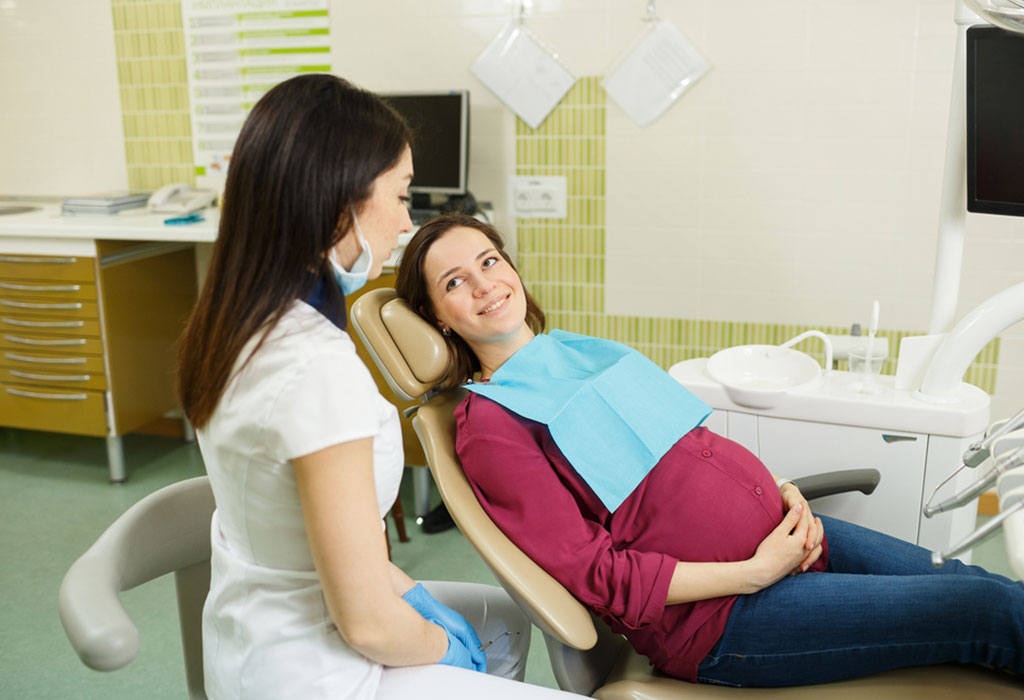Every year on March 8, the world comes together to honor women and womanhood on International Women’s Day. It’s an opportunity to salute the achievements of inspiring females across the globe. This year the celebration takes on an even greater significance in the United States, as we mark 100 years since women fought for and won the right to vote.
But for all the strides made by the female half of the population, there is still progress to be made. Women and women’s advocates continually strive for equality in pay, education, representation, and health care. Women have unique health concerns that are not always seen and heard by the medical community. This extends to women’s dental health, too.
By understanding how their health differs from men’s, women can be empowered to advocate for their own health and wellbeing. For International Women’s Day, we’ve compiled some facts about women’s dental concerns and how gender plays a role in oral health.
Access to Dental Care and Insurance
The National Women’s Health Network highlights some startling disparities in women’s ability to get necessary oral care. Many women in the United States can’t afford dental care and do not have dental insurance. In a recent study, about 12% of American women had an untreated dental problem because of the cost.
In women between the ages of 20 and 44, 30% had untreated cavities. The number was 23% for women 45 to 64, and 19% of women over 65.
The Network stresses that dental care is health care. Allowing problems with teeth and gums to go untreated can result in a host of other, often more serious, issues. This is particularly true for women, whose dental health is different from men’s in some unexpected—and life-changing—ways.
The Surprising Role of Hormones in Oral Health
Women’s bodies go through more changes than men do throughout their lives. And the hormones responsible for those changes can affect teeth and gums too. Women can expect new dental health concerns to crop up during menstruation, pregnancy, and menopause. Here are some hormone-related issues unique to women:
- An increase in hormone levels during puberty can make young women suffer from sore or bleeding gums. They may also be prone to cold sores and canker sores. Sometimes these conditions correspond with their menstrual cycle.
- Women taking oral contraceptives have an increased risk of gingivitis because of the progesterone and estrogen in the drugs.
- Pregnant women are at risk of gum disease. When it is severe, it has the potential to harm the baby too, leading to preterm birth and low birth weight.
- Women in menopause may experience dry mouth, altered taste sensations, and sore, sensitive gums. Menopausal women with an increased risk of osteoporosis may have bone loss in the jaw which can lead to tooth loss.
Discussing hormones with the dentist might not be something that most women would think to do, but it can be helpful. There may be things a dentist can recommend for various life stages and the dental changes that come along with it.

The Mouth and Body Connection
Dental problems like gum disease and tooth decay can contribute to serious medical issues. This connection is especially relevant to women, as they are more prone to dental health problems at various times of their lives.
Some diseases and medical conditions that have been linked to issues in the mouth are oral cancers, diabetes, cardiovascular disease, COPD, osteoporosis rheumatoid arthritis and even dementia.
While having impeccable dental hygiene won’t guarantee that you won’t get any of these diseases, there is a clear connection. Good oral health contributes to the body’s overall health.
Motherhood and Mouth Health
At no time does a woman’s body undergo more changes than when she is pregnant. Hormone fluctuations, diet changes, and morning sickness are just a few of the things that can affect a mom-to-be’s oral health.
The gums are especially at risk during pregnancy, but so are teeth. Cravings might have moms grabbing more sweets. It’s important to keep up with good oral hygiene during those nine months of waiting for baby.
Nausea and vomiting that come with pregnancy can harm a woman’s teeth. The acids from throwing up are particularly harmful to tooth enamel. When tooth enamel is attacked by acids, bacteria can get in and cause cavities.
Expectant mothers might gag at the taste of toothpaste or be too tired and overwhelmed to worry about their teeth. There are several things an expectant mother can do, such as switching to a non-flavored toothpaste, using a softer brush, and changing your oral hygiene schedule.
One big concern while expecting is whether or not to go to the dentist. Cleanings, fillings, novocaine, and even x-rays are all safe for pregnant women. If you need dental care, go ahead and make an appointment. It is better to get a dental problem taken care of than to risk it getting worse can causing more serious issues.

Women Rock at Dental Hygiene
With the additional challenges that women face regarding their dental health, they have one thing going for them: According to the Journal of Periodontology, women are more proactive than men in doing what it takes to keep their teeth and gums healthy.
A study published in 2011 showed that women were almost twice as likely to have seen a dentist in the past year. They were also more likely than men to schedule follow up treatments that were recommended by their dentists. Overall, they had a more positive attitude about going to the dentist and a better understanding of what it took to have a healthy mouth.
Some other statistics from the study:
- Women are 26% more likely to floss every day than men.
- 74% of women said they’d be self-conscious about a missing tooth. Only 57% of men thought it would bother them.
It may seem like the deck is stacked against them when it comes to dental health. But women are figuring out what they need to do to take care of themselves—and they’re doing it!When’s the last time you had a dental checkup? If you need to find a dentist, use our online search tool.


